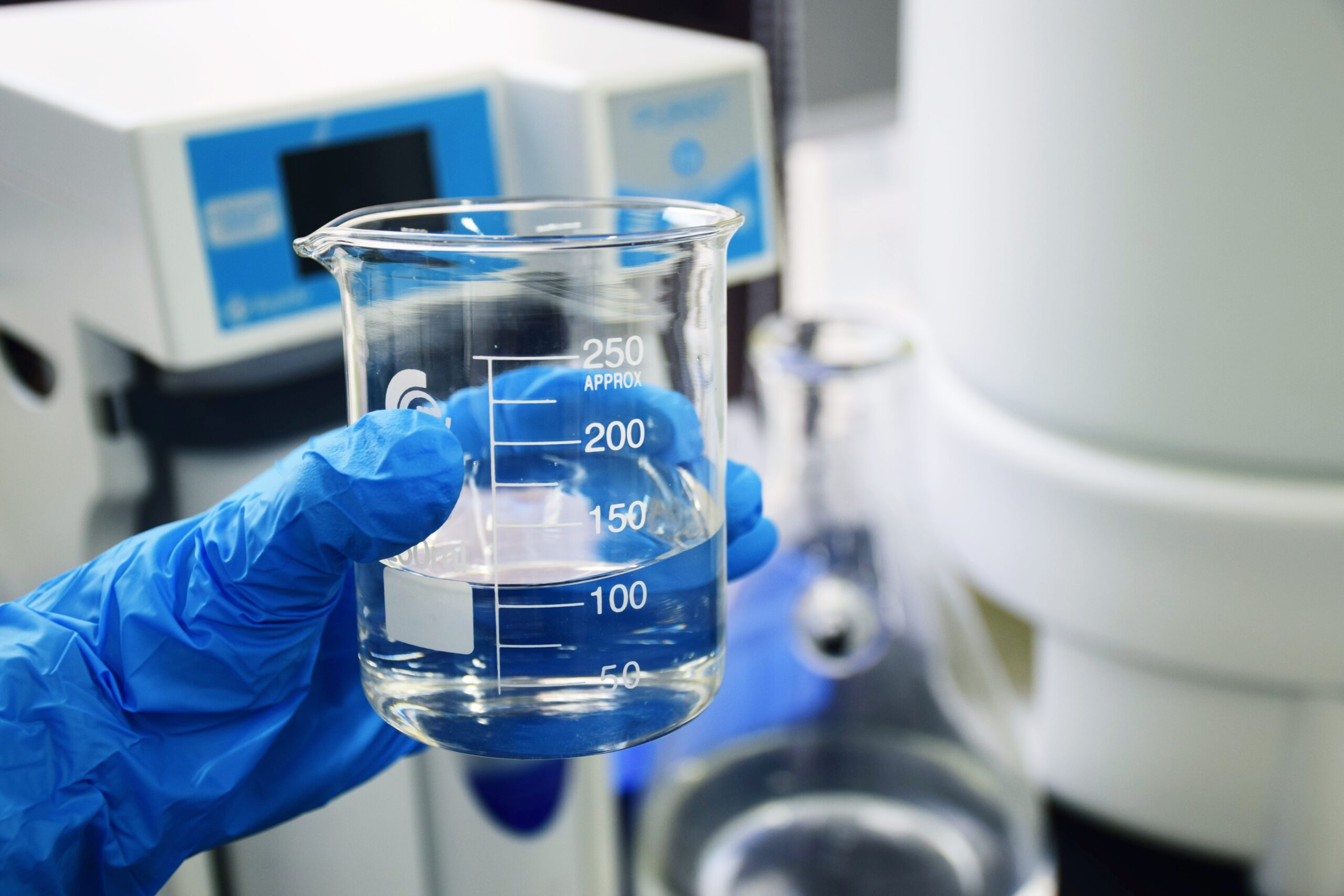Why a Water Purification System is Important for Every Home
Why a Water Purification System Is Essential for Tidy, Safe Water
Accessibility to clean, safe water is a fundamental human right and a keystone of public wellness. A water filtration system stands as an important option to minimize these dangers, making sure that individuals and communities can access secure drinking water.
Importance of Clean Water
Accessibility to tidy water is an essential need for human wellness and health. Contaminated water can lead to major wellness issues, consisting of intestinal ailments, cholera, and dysentery, specifically in susceptible populaces such as youngsters and the senior.
Moreover, clean water is crucial for sanitation and health practices, which are vital in preventing the spread of contagious diseases. Adequate water system sustains proper hygiene centers, promoting a healthier setting. Furthermore, accessibility to secure water influences socioeconomic variables, as it enables neighborhoods to take part in farming and commercial activities, ultimately adding to financial advancement.
In lots of areas, the lack of clean water intensifies hardship and inequality, further impeding progress toward lasting development goals. Consequently, making sure access to clean water is not only a public health essential but also a keystone for social equity and economic growth. Efforts to boost water high quality and facilities have significant advantages, promoting healthier areas and boosting high quality of life.

Usual Contaminants in Water
Making certain the availability of tidy water is threatened by numerous contaminants that can endanger its safety and top quality. The existence of pathogens, such as parasites, viruses, and germs, positions considerable wellness risks, particularly in locations lacking adequate sanitation. These microbes can bring about waterborne diseases, resulting in serious disease or even death.
Chemical impurities also offer a vital worry. Heavy steels, including mercury, lead, and arsenic, often enter water products with commercial discharges or corroded pipes. These materials can gather in the body gradually, resulting in long-term wellness problems such as neurological damage and developing conditions.
Furthermore, agricultural drainage presents pesticides and fertilizers into water systems, which can interrupt environments and adversely effect human wellness. Nitrates, frequently located in fertilizers, can cause major problems like methemoglobinemia, especially in infants.
Advantages of Water Filtration Equipments
Identifying the important requirement for safe drinking water, water purification systems use a myriad of benefits that boost public health and wellness and environmental sustainability. Primarily, these systems efficiently eliminate dangerous pollutants, consisting of germs, viruses, heavy metals, and chemicals, guaranteeing that the water eaten is complimentary from pathogens and toxins. This reduction in pollutants dramatically lowers the threat of waterborne illness, promoting general neighborhood health and wellness.
In addition to health and wellness benefits, water purification systems contribute to environmental sustainability by reducing reliance on mineral water, which usually produces too much plastic waste. By utilizing a filtration system, families can decrease their carbon footprint and add to a much more lasting ecosystem. Moreover, these systems can boost the preference and smell of water, making it more tasty for daily usage.

Various Kinds of Purification Approaches

One common approach is reverse osmosis, which utilizes a semi-permeable membrane layer to separate water from liquified solids and contaminants. This process successfully decreases pollutants, consisting of heavy metals and chemicals. Another extensively used strategy is ultraviolet (UV) disinfection, which utilizes UV light to counteract infections and microorganisms, providing them harmless without making use of chemicals.
Triggered carbon filtration is another preferred strategy, using carbon to adsorb natural compounds, chlorine, and unpleasant odors, improving preference and odor quality. Distillation, a procedure that entails boiling water and condensing the steam, efficiently gets rid of pollutants and minerals however might need more power compared to other methods.
Ion exchange is often used to soften water anonymous by changing calcium and magnesium ions with salt or potassium ions. Each method has its advantages and limitations, making it vital to comprehend their performances and performance in dealing with details water high quality concerns - Water Purification System. Inevitably, selecting the appropriate purification method is crucial for making sure risk-free and clean alcohol consumption water
Selecting the Right System
Picking a proper water filtration system requires careful consideration of various variables, consisting of the particular pollutants existing in the water supply, the quantity of water needed, and the desired purification approach. Initially, it is crucial to carry out a water high quality test to identify pollutants such as microorganisms, hefty metals, or chemical toxins. This information will certainly lead you in picking a system that effectively targets those details impurities.
Following, assess your house's day-to-day water usage to establish the system's capability. Equipments are readily available in numerous sizes, from point-of-use filters for drinking water to whole-house systems that purify all water entering your home.
In addition, think about the filtration method that ideal fits your requirements. As an example, reverse osmosis is extremely effective for removing a large range of contaminants, while UV purification is excellent for getting rid of microbes.
Conclusion
In verdict, the execution of water filtration systems is crucial for ensuring access to clean and risk-free water. By recognizing the site relevance of clean water and the advantages of different filtration methods, communities can make educated decisions to safeguard their health and wellness and promote socioeconomic stability.
Recognizing the vital demand for secure drinking water, water filtration systems offer a myriad of advantages that enhance public wellness and environmental sustainability.In enhancement to health advantages, water filtration systems contribute to ecological sustainability by decreasing reliance on bottled water, which typically creates too much plastic waste. Eventually, the fostering of water purification systems is an aggressive action toward making certain tidy, secure water for future generations while protecting public wellness and the atmosphere.
Choosing a suitable water filtration system calls for cautious consideration of various elements, consisting of the particular contaminants present in the water supply, the volume of water needed, and the wanted filtration method.In final thought, the application of water purification systems is important for guaranteeing access to risk-free and clean water.